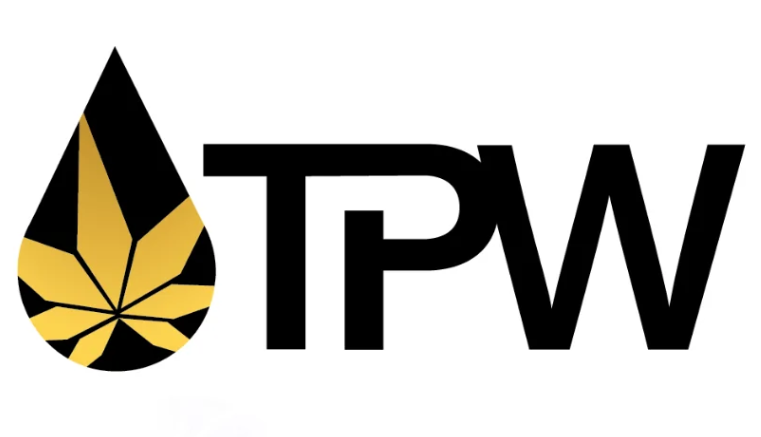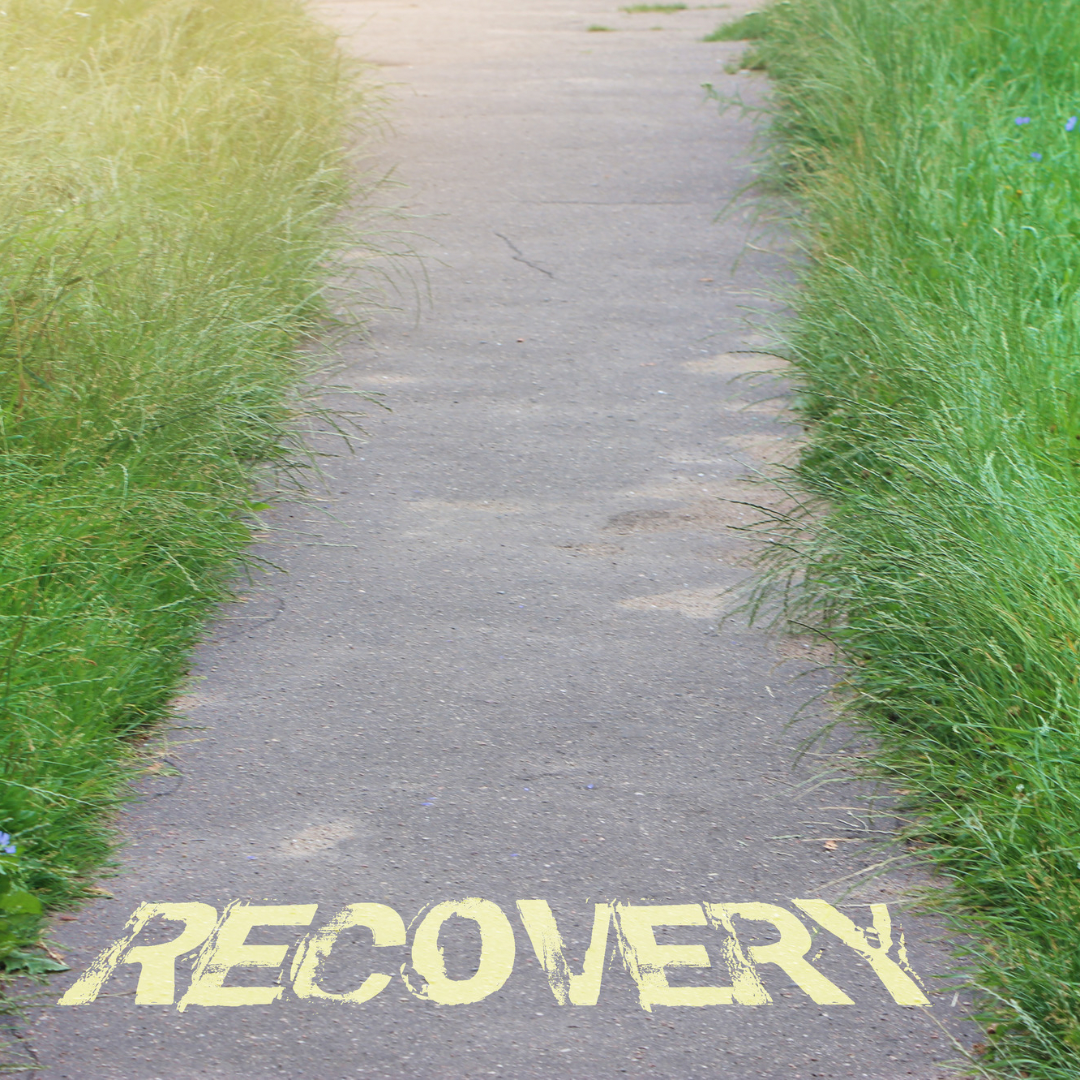Addiction is defined as a neuropsychological disorder that presents as strong and nearly undeniable urge to partake in some activity or behavior that will most likely bring about harm or unfavorable outcomes. Some people confess to being addicted to sex or porn, while others are addicted to eating obsessively or staying skinny. Yet most often, addiction is associated with drug or alcohol abuse to the point where the user feels helpless to resist the constant cravings.
While some may argue that you can be addicted to good things like working out or accomplishing goals, addiction is commonly associated with detrimental activities. This is due to the brain being wired to seek and indulge in activities that bring about pleasure. Over 35 million people confess to being addicted to the point where they identify as having a substance abuse disorder. This statistic is discouraging, especially if you fall into that category of a substance abuser. The good news is that addiction and substance abuse disorder are treatable, either through therapy, support groups, or medication.
Research has been conducted to see if a new form of treatment is effective: cannabis, but more specifically, CBD. In this article, we will be examining some of the research involved with CBD as it is used to help users battle addiction. We will start off by defining what CBD and work our way slowly through whether or not CBD can be used in addiction recovery. Let’s begin!
What Is CBD
CBD, short for cannabidiol, is one of the many cannabinoids found naturally within the hemp plant. Hemp is defined as the form of cannabis that contains 0.3% THC or less, making it legal on a federal level as per the 2018 Farm Bill. CBD is a non-psychoactive cannabinoid and offers the benefits of cannabis without getting the user high. For this reason, CBD has been studied extensively in treatments of epilepsy, as a sleep aid, an appetite stimulant, as a more natural energizer, and much more.
CBD works naturally with your body’s endocannabinoid system to restore balance to your overall health and wellness. Most users won’t feel any immediate effects, particularly since CBD affects each user differently according to varying factors. Your age, weight, metabolism, previous exposure to THC, and many other things will play an important role in how quickly your body responds to the hemp-derived cannabinoid.
There are three categories of CBD that you’ll find in the market: full spectrum, broad spectrum, and CBD isolate. Full spectrum makes “full use” of the hemp plant by incorporating all the natural cannabinoids and terpenes, thus delivering what’s commonly believed as the “entourage effects.” While not officially recognized by science and research, many users swear to the validity of experiencing greater effects with full-spectrum products as opposed to the other two CBD types. Broad spectrum is very similar to full spectrum, but has been processed to remove as much THC as possible, though some trace amounts may still remain. CBD isolate, on the other hand, has been stripped of all terpenes and compounds to deliver CBD in its purest form.
The market is overflowing with varying product types available by brands throughout the country. With such a readily available selection, it can feel overwhelming to simply pick a product at random. Gummies, softgels, tinctures and oils, vapes, flower, and pre-rolls are all advertised as being “the best” or “the finest” product available, but one key thing to look out for is the presence of lab tests. Lab tests, commonly referred to as Certificates of Authority (CoAs) are the unbiased results that have been published by third-party independent labs. This helps to ensure a pure and potent product without fear of monetary gain or an influenced opinion.
CBD Use For Addiction Recovery
Addiction comes with a variety of symptoms that make it feel impossible to fight against and win. Users battling with addiction may feel an intense struggle against how much of a particular substance (or behavior) they indulge in, and may need to increase that amount in order to continue feeling pleasure. Their social lives may suffer as they pull away from loved ones in order to continue feeding their cravings, despite the user knowing the risks involved with continued use. Any attempt to halt the behavior may result in withdrawals, making it even more difficult (both mentally and physically) to cease entirely.
CBD may be able to aid in the battle against some of these symptoms. While it will not be able to vanquish all symptoms, this powerful non-psychoactive cannabinoid may be able to make the symptoms less intense. Let’s look at a few of those ways now.
Irresistible Cravings
One of the most difficult things about addiction is the insatiable hunger for something, whether it be food or drink or drugs or activity. More often than not, these cravings are brought on by negative emotions, such as long-term suffering, mental uneasiness and anguish, stress, or helplessness. Sugar is often an underdog in this category, but try to cut out sweets and various forms of sugar in your diet and you’ll notice an immediate change in your patience, ability to focus, and overall temperament. Another difficult category of cravings is as it relates to pharmaceuticals, specifically, opioids. Opioids are often prescribed for those dealing with intense physical discomfort, typically after a major surgery or difficult operation. As the individual uses the opioids during the healing process, their body becomes accustomed to the drug in order to feel relief and may result in a steep downhill slope of opioid addiction.
CBD has proven effective in reducing overall physical discomfort, mental ailments such as mental anguish or distress, and is also effective in balancing your mood. In an opioid misuse study, a high dosage of CBD was administered and showed encouraging results in reducing the cravings for an entire week. Unfortunately, these results were not consistent with a study involving cocaine abuse. The study concluded that while the uneasiness and cravings were reduced in opioids, the same is not true across the board for other opioids and narcotics.
The Withdrawal Phase
The body builds up tolerance to certain substances, requiring higher dosages to achieve the same result. Once a user makes a conscious decision to halt the substance abuse, there may be serious (albeit temporary) physical and mental repercussions. This stage is referred to as the “withdrawal period” and is fraught with substantial discomfort that includes irritability, negativity, and poor sleep. Some of the more intense side effects of withdrawal can include reduced appetite, increased mental anguish, nausea, body aches, and negative temperament. Unfortunately, these symptoms may prove to be too much for the user to bear, resulting in a relapse despite the user's conscious decision that the substance is harmful and sincere aspiration to quit.
While CBD may not be entirely effective in eliminating all symptoms in the withdrawal phase, it has shown effectiveness in reducing some of the unpleasantness. CBD is highly effective in reducing nausea, emotional distress, mental anguish, and physical discomfort. CBD is also known to assist in increasing the user’s appetite, promoting relaxation to help fall asleep, and can help regulate mood swings.
Is CBD An Effective Substitute For Addictive Substances?
In continuing the theme of withdrawal, there may come a time when the cravings seem too powerful to resist. This begs the question of whether or not CBD can be used in place of those addictive substances. The answer requires a bit of specific knowledge of what the addictive substance is. Alcohol, tobacco, and sugar are the more mild of the addictive substances, whereas opioids, cocaine, and methamphetamine are much stronger addictions that require a more specific treatment approach.
CBD alone will most likely not be a viable substitute, but it may be used as a stepping stone. If you are accustomed to using certain drugs in order to get high, trying to use CBD (a completely non-psychoactive drug) will be as effective as trying to put out a forest fire with a squirt gun. Cannabis (specifically marijuana) was commonly referred to as a gateway drug, but some studies show that cannabis may be effective in the cessation of addictive substances. Cannabis is readily accessible, thanks to many states legalizing both recreation and medicinal use, which has also helped it to become much more socially acceptable. Those who find success with cannabis may gradually be able to reduce their consumption to simply CBD, allowing them to continue to reap the benefits of the cannabis plant without needing to get high. CBD works to help restore balance to your body over an extended period of time, meaning that it will take patience and persistence for the hemp-derived cannabinoid to work most effectively.
Unfortunately, substitution is not always effective. Your brain is accustomed to feeling a certain amount of pleasure and anything that reduces that pleasure will be met with substantial difficulty. Yet one study found that cannabis was surprisingly helpful in adhering to an addiction recovery plan. More research is needed to fully understand how effective CBD and cannabis are in other treatment programs, but what we do know is that CBD specifically will help reduce any symptoms of addiction recovery such as withdrawal, sleep issues, physical discomfort, and emotional duress. The inclusion of CBD with a strong support system, extensive therapy, and self-awareness can be extremely useful in aiding those struggling with addiction.
Conclusion
Addiction recovery is a long and difficult battle that many people simply aren’t willing to endure. The failure to admit that there is a problem, the stubbornness in resisting any intervention, and the easy access to addictive substances makes the road to recovery incredibly difficult…but not impossible. CBD may offer some assistance in some aspects of addiction recovery: reducing nausea and vomiting, allowing for a more restful night sleep, soothing an overactive mind, quelling uneasiness, and acting as a mood stabilizer are all things that CBD can help with.
CBD is not a magic cure-all, nor is it regarded as an effective substitution for addictive substances. Yet the hemp-based cannabinoid has shown remarkable success in dealing with both physical and mental ailments. Just because you don’t feel any mind-altering effects does not mean that there are no beneficial effects at all. CBD may help restore order to your mind and body, allowing you to restore balance in ways you didn’t even know you needed. As always, be sure to consult your primary care physician before embarking on a CBD regiment. If you or a loved one are struggling with addiction, know that you don’t have to go it alone. Call the SAMHSA’s National Helpline at 1-800-662-HELP (4357) to learn more about resources available to you. There are many resources available to you, ready and waiting for your call. Don’t wait until the addiction overtakes you; seek help today.

